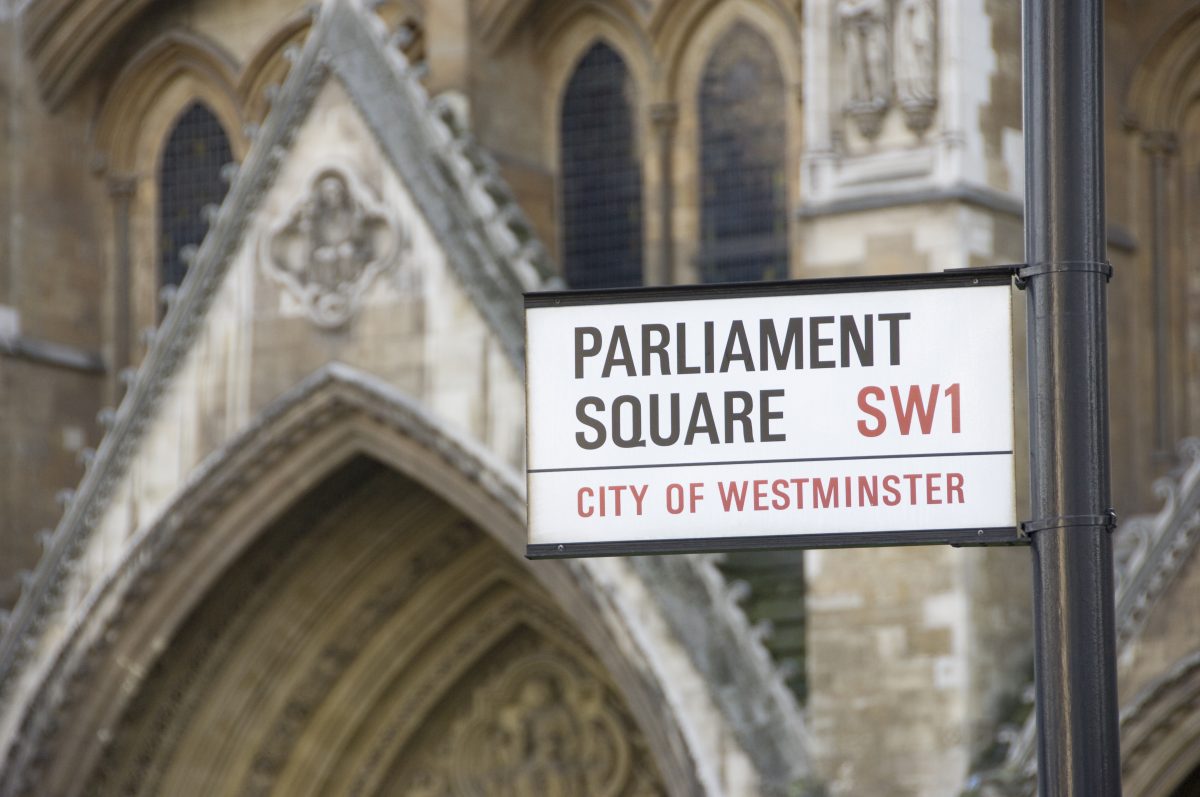Year 5 CPCF services cannot go ahead without funding uplift
PSNC has today told Ministers that NHS England and the Department of Health and Social Care (DHSC) must not roll out any new or expanded services or a Pharmacy Quality Scheme in 2023/24 unless extra funding is put into community pharmacies.
NHSE communications directing more patients to pharmacies also need to stop, and the DHSC should consider putting caps on existing Advanced Services to protect core dispensing funding.
Community pharmacies are in a desperate position with the outlook continuing to deteriorate.
Without an urgent injection of extra funding there is not enough money to pay for the current services and dispensing being done by the sector; let alone for new things to be rolled out.
Instead, the focus needs to be on supporting community pharmacies to meet the day-to-day needs of patients and on building on the advice that we already offer to the public via a fully-funded Pharmacy First scheme.
PSNC has once again told DHSC and NHSE that they have run out of money: if they do not put additional funding into pharmacies they will be presiding over the collapse of the community pharmacy sector and of safe medicines supply. See below for our latest financial analysis.
In addition to extra funding, they must make good their commitments to supporting efficiencies within the sector and make progress on regulatory easements that would allow greater flexibility to all pharmacy owners, reducing bureaucracy and costs. See below for details of the regulatory easements we have asked for.
We have told Ministers that they need to decide what sort of community pharmacy network they want: businesses are failing and this will imminently put medicines supply at risk.
We are continuing to argue that a fully-funded Pharmacy First service would be a good route to get additional funding into the sector quickly, while also delivering on Government’s ambitions and supporting patients and our wider primary care colleagues.
We are pressing hard to ensure that this is included in the Government’s upcoming Primary Care Recovery Plan. Without this or another funding lifeline, they can expect further primary care crises ahead as pharmacy businesses continue to fail.
We will issue further updates – including on the CPCF arrangements for 2023/24 – as soon as possible, and hope the coming days and weeks will bring better news from NHSE and DHSC with whom we remain in very close contact.
Janet Morrison, PSNC Chief Executive, said:
“Our position is very clear: pharmacy businesses are on the brink of collapse so it makes no sense whatsoever to add any further services or requirements for 2023/24 without additional funding. The Government simply has not put enough money into the contract and there isn’t the capacity within the sector to deliver them.
Additional funding should start with the commissioning of a fully-funded Pharmacy First service, which will achieve Ministers’ objectives and support patients and the wider NHS. The question Ministers now face about the investment needed to deliver Pharmacy First is not whether they can afford it, but whether they can afford not to do it.
I have today once again warned Ministers about how desperate things have become. Many businesses are now operating at a loss, struggling with drug pricing, staffing, increasing public demand and staying open. We are struggling to keep our lights on and urgently need investment. DHSC and NHSE need to decide what sort of a pharmacy sector they want in the future: do they want to build on our success during the pandemic and deliver the Prime Minister’s vision for a community pharmacy sector playing a greater role in primary care, or do they want to preside over the decimation of the sector as we know it?
And we have today told DHSC and NHSE that they must pause the rollout of new services, including the much-anticipated contraception service, and 2023/24 Pharmacy Quality Scheme. This isn’t because we don’t want these services – community pharmacies are incredibly ambitious about the services they could provide to their communities – but because we don’t believe pharmacy owners have the capacity under current conditions to properly undertake this work.
Government and the NHS have all the evidence they need to show them that without urgent action they – and the public – will lose significant parts of the community pharmacy sector, and soon. This would be catastrophic for pharmacy, patients and for primary care and we are doing everything within our power to prevent it from happening.”
Further information
We have been warning officials at NHSE and DHSC, as well as Ministers, that community pharmacies are at crisis point. We refused to consider any reductions to the Transitional Payment and put updated financial analysis to them following PSNC’s February 2023 meeting.
We will resist any further moves to reduce fees or payments as this will cause dispensing to collapse and ultimately undermine the safety of medicines supply.
Following our funding bid last year, we have continued to supply updated evidence of the unmeetable cost pressures on community pharmacy businesses, looking at the increasing demands on businesses, item growth, services and capacity, growth in costs and interest rates, wage and locum cost increases, and the impact of market volatility on the medicines supply chain.
You can read our latest financial analysis here
The pressures on pharmacy are in part a consequence of the unprecedented inflationary and cost pressures being put on the whole economy. But they are also a consequence of DHSC’s refusal to reverse pharmacy funding cuts in light of these wider economic pressures; of NHSE policies to recruit pharmacists into Primary Care Networks; and of NHSE and DHSC’s failure to properly recognise the cost and capacity issues associated with the introduction of new clinical services and to deliver on the capacity-releasing measures that they agreed to as part of the five-year CPCF agreement.
As we approach the last year of that agreement, their money has run out – we have told Ministers that the CPCF funding cannot pay for the delivery of any further services or schemes.
Alongside these funding discussions, PSNC has repeated its urgent request for DHSC and NHSE to agree to regulatory changes which would help pharmacy owners to cope with the unrelenting financial and operational challenges they are facing.
Regulatory easements have been under discussion for many months but in February PSNC rejected proposals from NHSE as being inadequate.
The situation for pharmacies is rapidly deteriorating, so we have now asked for a range of measures to help reduce costs and bureaucracy, including allowing ALL pharmacies to:
- Reduce their core opening hours by 30% on a permanent basis;
- Temporarily reduce core opening hours by as much as one day each week;
- Implement unlimited closed door working so long as it is notified to the NHS after the event;
- Refuse to dispense prescriptions if pressures are such that dispensing could result in professional standards that are below those generally accepted; and
- Refuse to dispense prescriptions where there is no reimbursement for the individual contractor (individual contractors should not be funding the NHS). This would be done by amending the requirement to dispense ‘with reasonable promptness’. In situations where the reimbursement price of a medicine or medical device is lower than the purchase price, the requirement would be to ‘supply in a reasonable timescale’ i.e. when there is adequate reimbursement.
PSNC is also seeking:
- A moratorium on new Distance Selling Pharmacy applications for two years;
- Limitations to the introduction of hub and spoke dispensing – supply only from NHS contract spokes;
- Resolution of outstanding Serious Shortage Protocol (SSP) payment issues – formulation changes should be at the pharmacist’s professional discretion not through an SSP;
- Major supply chain/Drug Tariff reform;
- Removal of requirements related to dispensing, including to ask for patient exemption evidence and to seek patient signatures for paid for prescriptions; and
- Removal of other requirements including taking part in health campaigns, producing a practice leaflet and undertaking clinical audits.
Read about all of the regulatory easements we have asked for here








